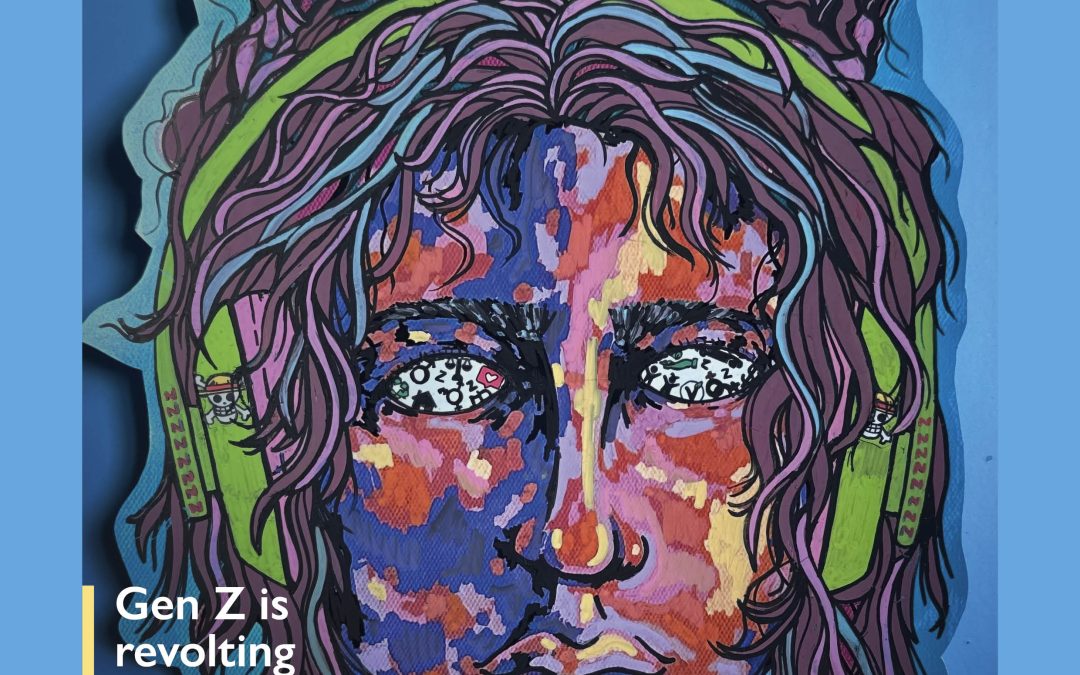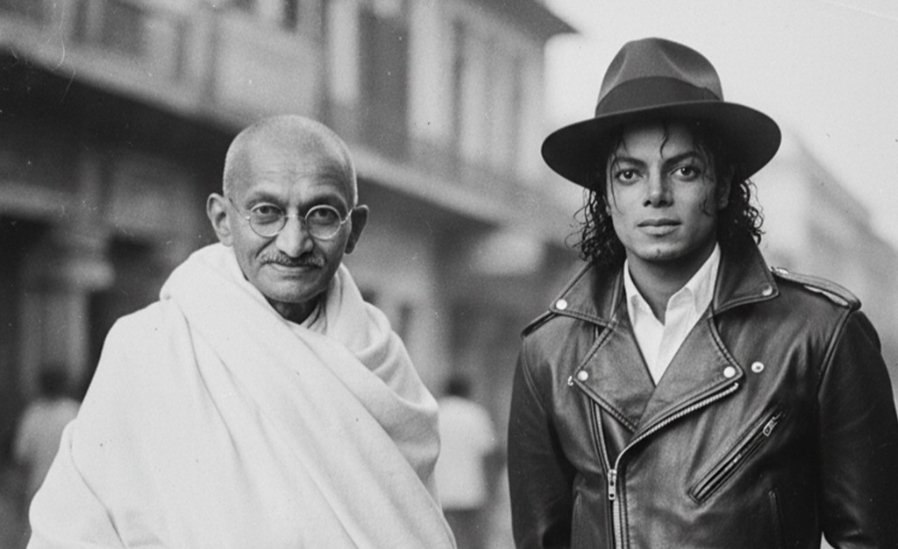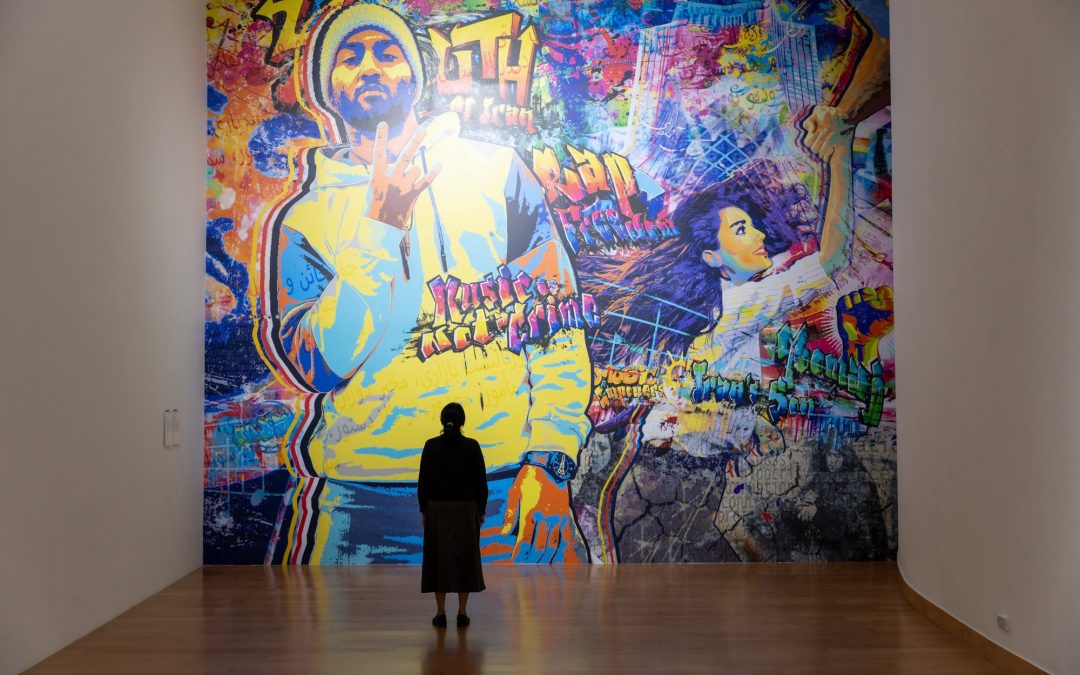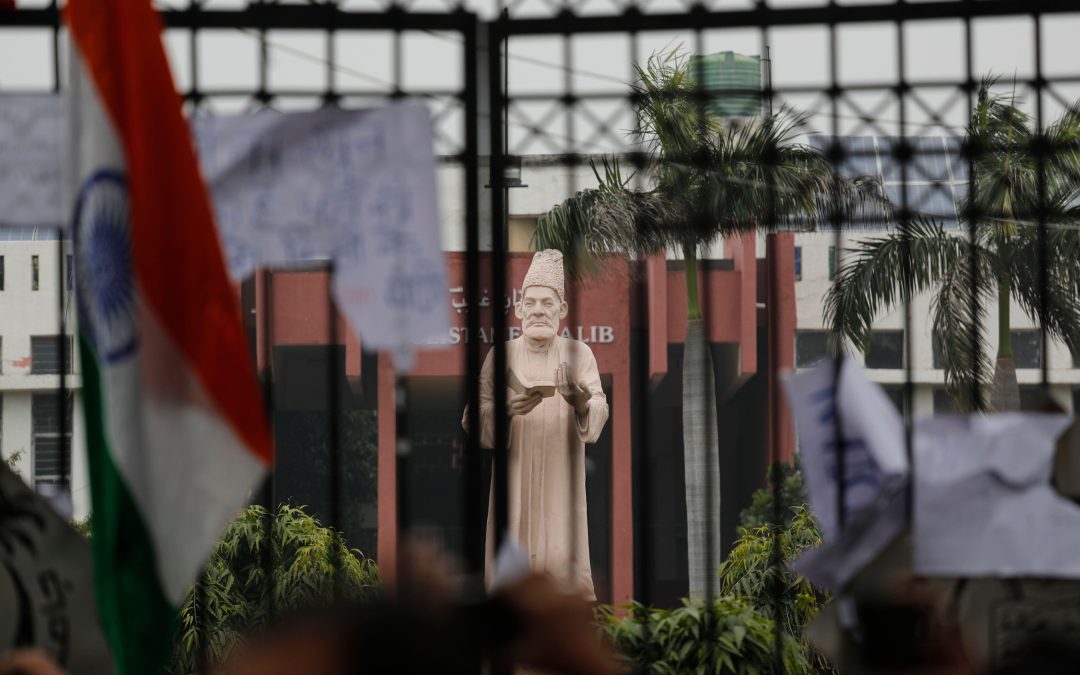Volume 54.04 Winter 2025


Volume 54.04 Winter 2025

A new book has convinced our writer that we should be thinking about how our right to free speech contributes to the public good

How the second Trump administration is using AI imagery, spreading misinformation that often intimidates with repercussions for free expression

Erasing inconvenient truths isn’t new but technology is making it so much easier

The Burmese artist and curator says an attempt to silence his art show against repression has amplified its message around the world

Index explores the world of Hitler worship, social harms and the welfare of AI assistants

Index explores the issues around whether AI should be used to bring the deceased back to life

Following Belarus’s shock release of a group of political prisoners in August and September, Index went to meet them

An exploration of Urdu’s origins, its rich literary tradition and its increasing popularity among the young as a language of resistance

Kim Jong Un is more afraid of Korean television drama series than he is of foreign attacks
A quarterly journal set up in 1972, Index on Censorship magazine has published oppressed writers and refused to be silenced across hundreds of issues.
The brainchild of the poet Stephen Spender, and translator Michael Scammell, the magazine’s very first issue included a never-before-published poem, written while serving a sentence in a labour camp, by the Soviet dissident Aleksandr Solzhenitsyn, who went on to win a Nobel prize later that year.
The magazine continued to be a thorn in the side of Soviet censors, but its scope was far wider. From the beginning, Index declared its mission to stand up for free expression as a fundamental human right for people everywhere – it was particularly vocal in its coverage of the oppressive military regimes of southern Europe and Latin America but was also clear that freedom of expression was not only a problem in faraway dictatorships. The winter 1979 issue, for example, reported on a controversy in the United States in which the Public Broadcasting Service had heavily edited a documentary about racism in Britain and then gone to court attempting to prevent screenings of the original version. Learn more.